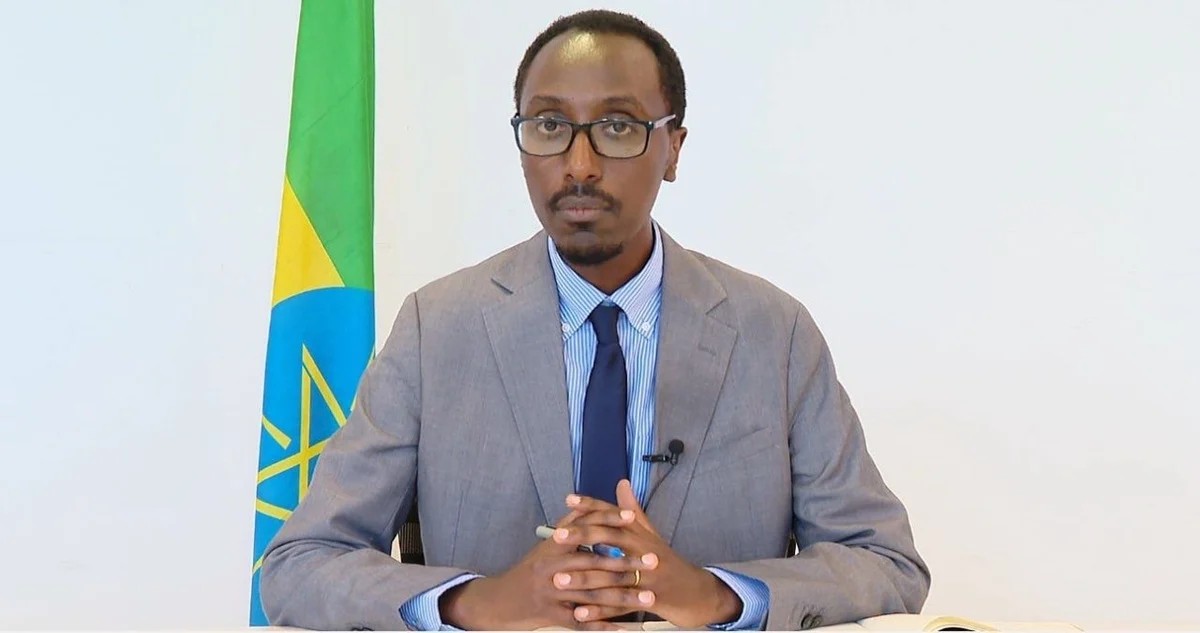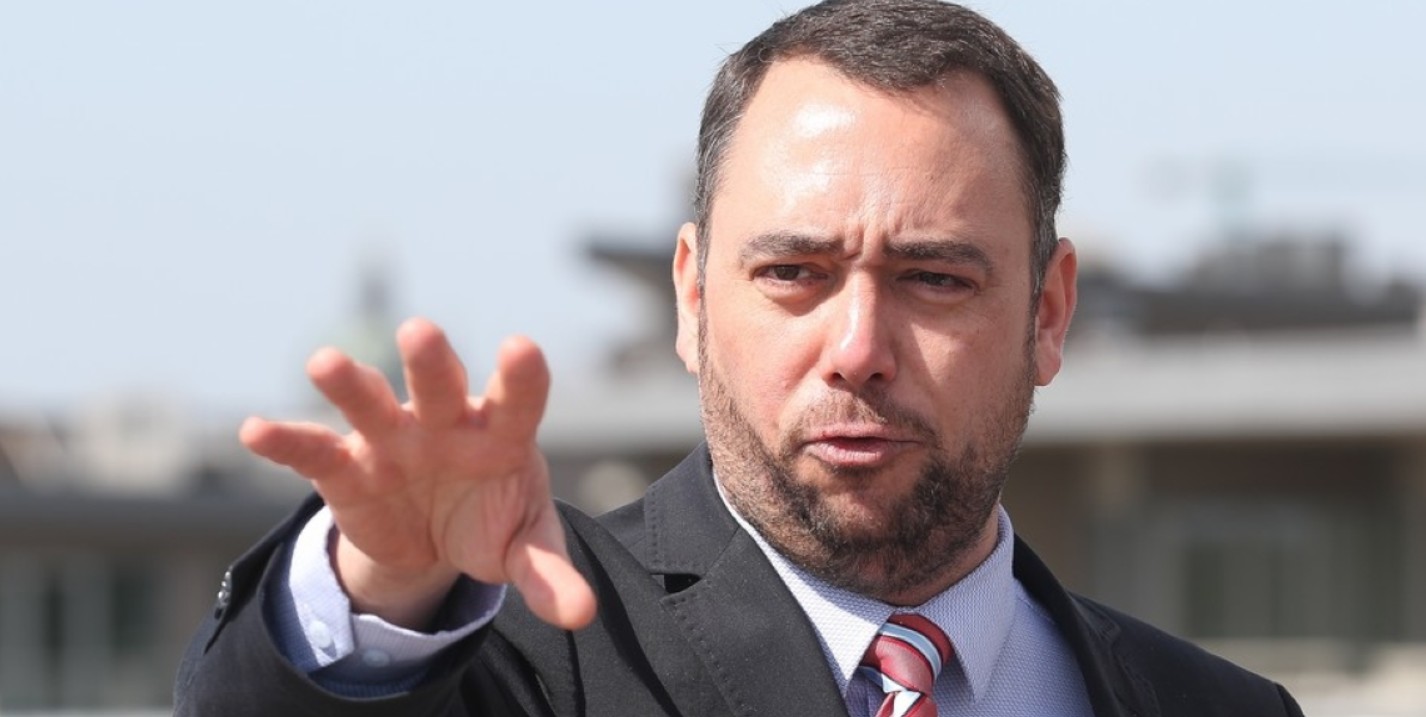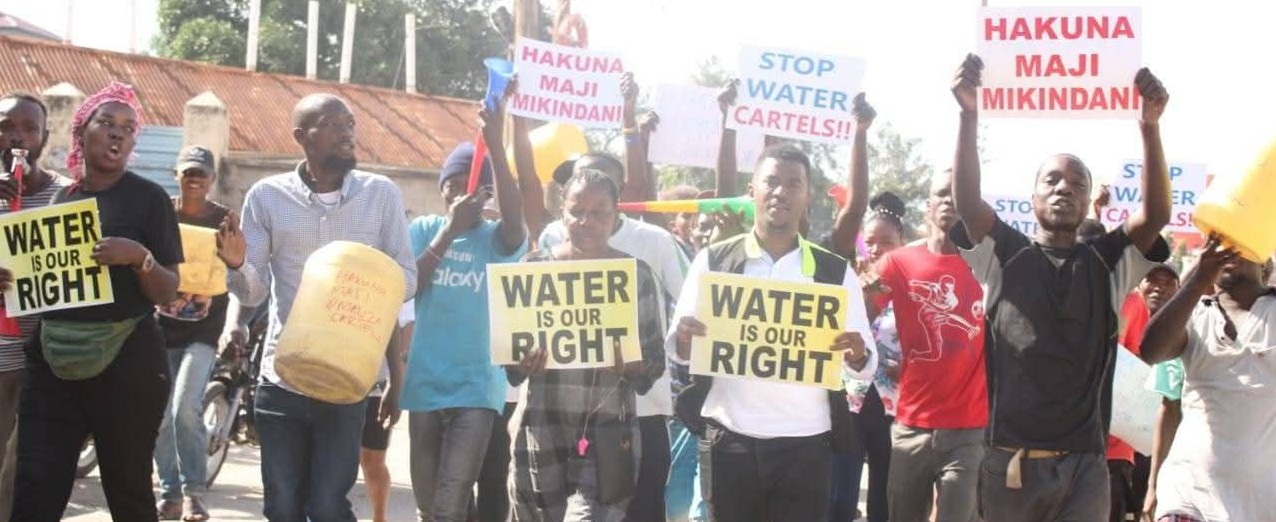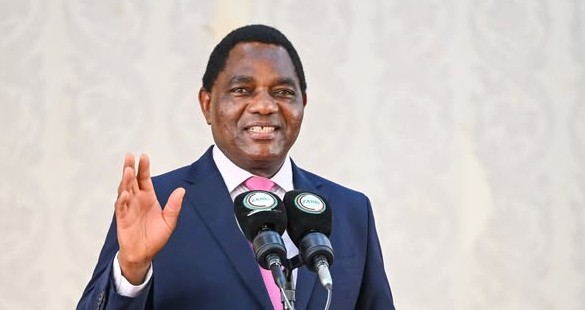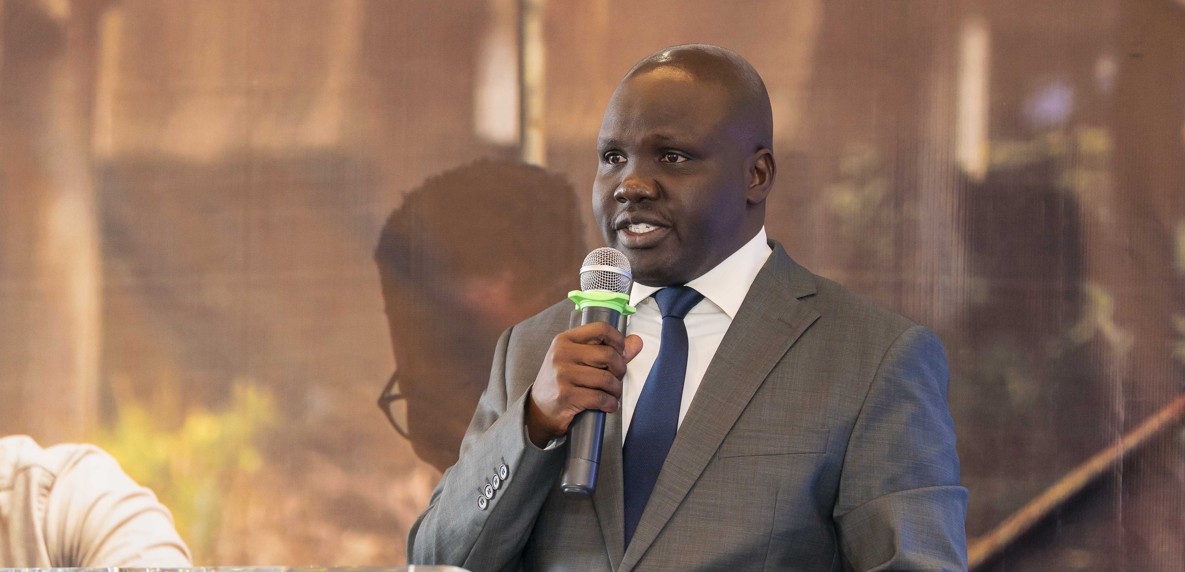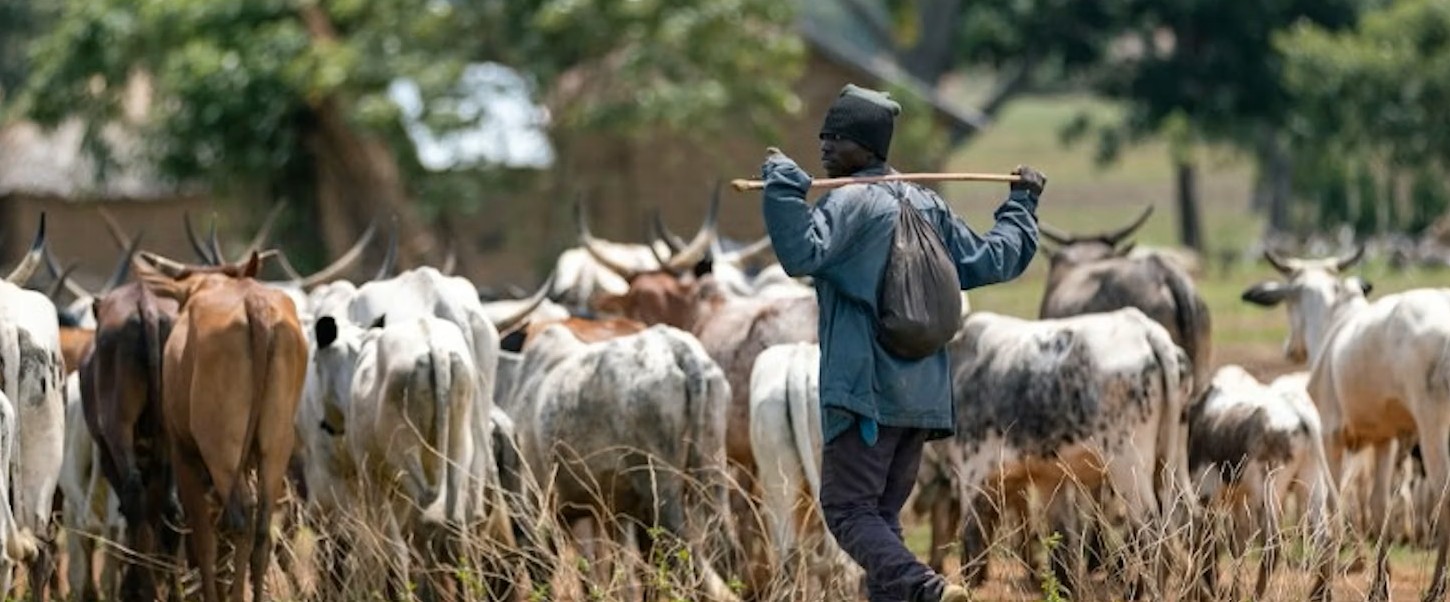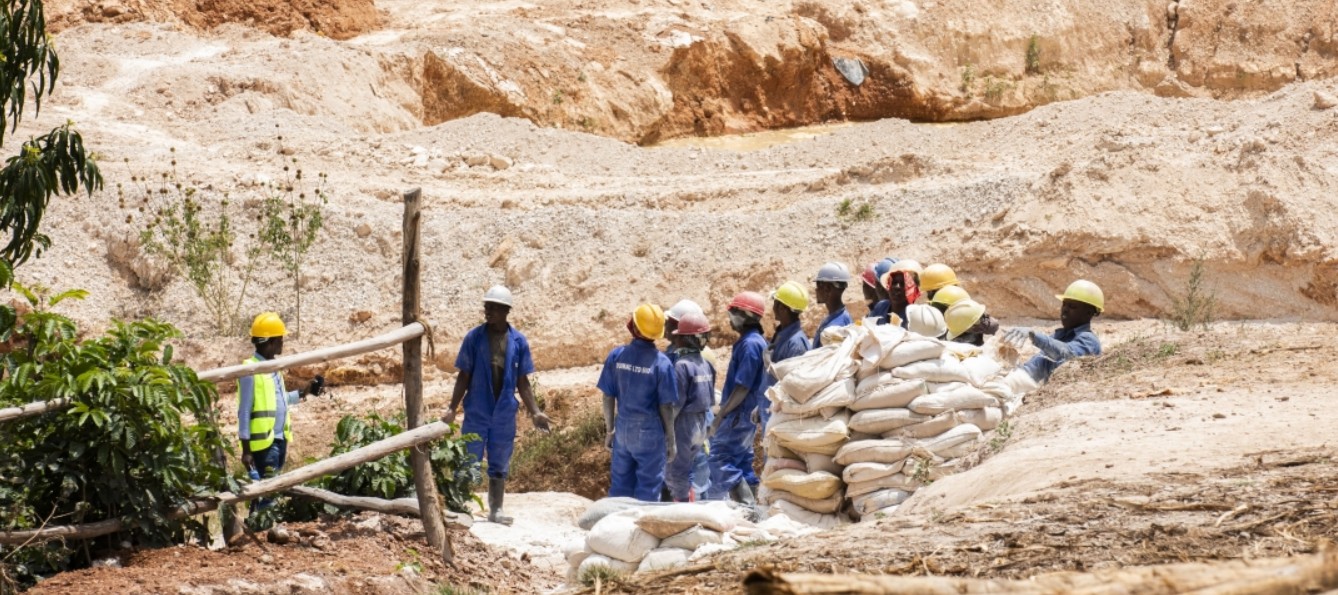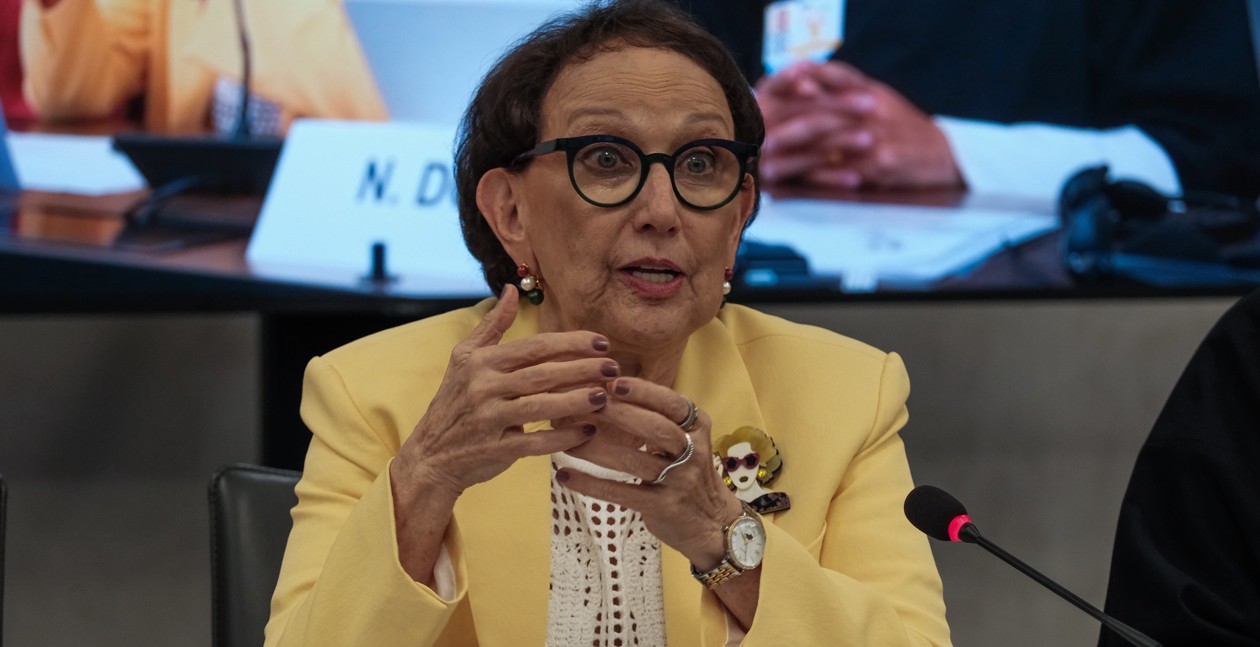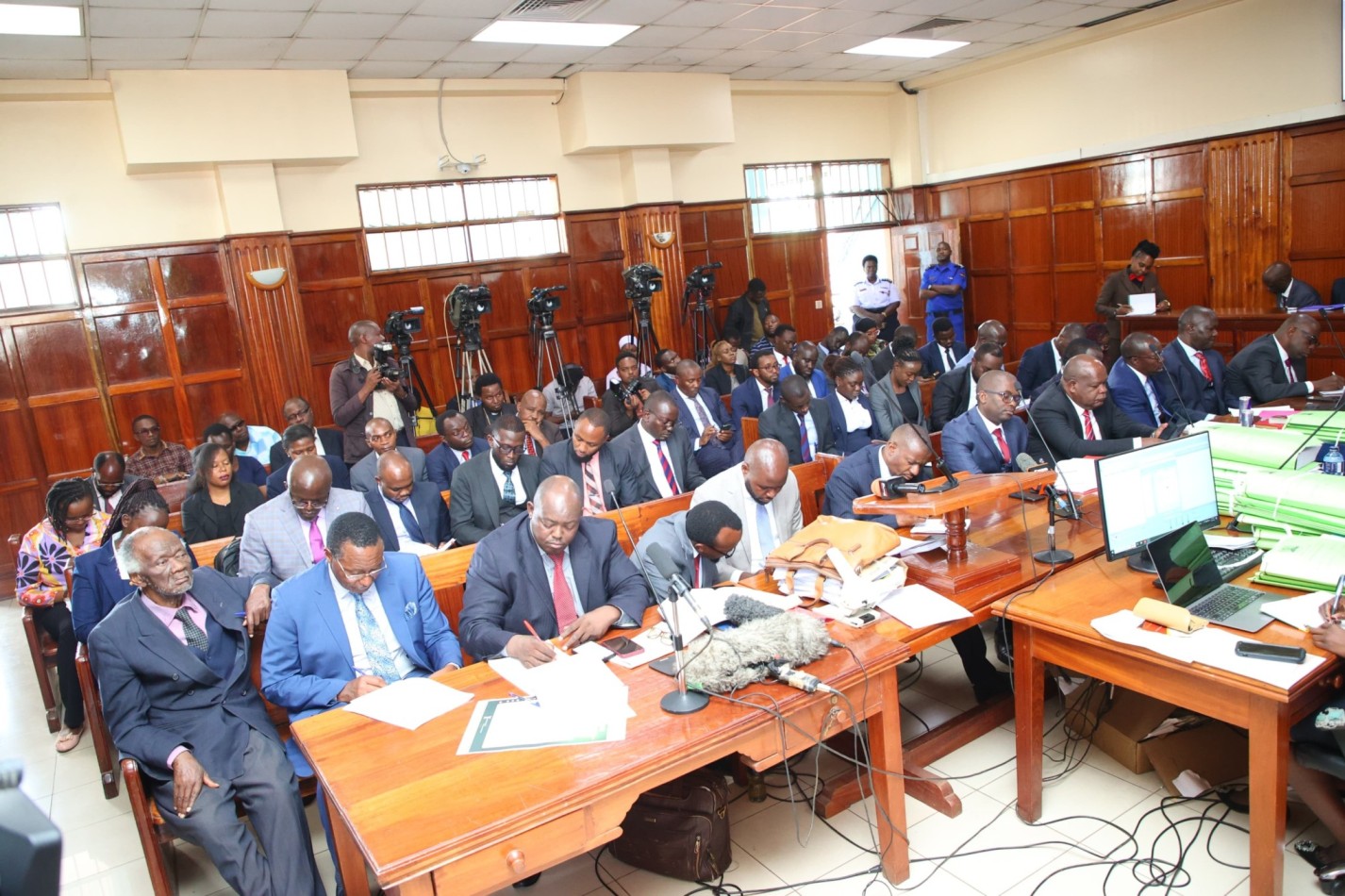DRC conflict deepens: Tshisekedi’s deal with Blackwater sparks fears of mineral-driven war as civilians suffer
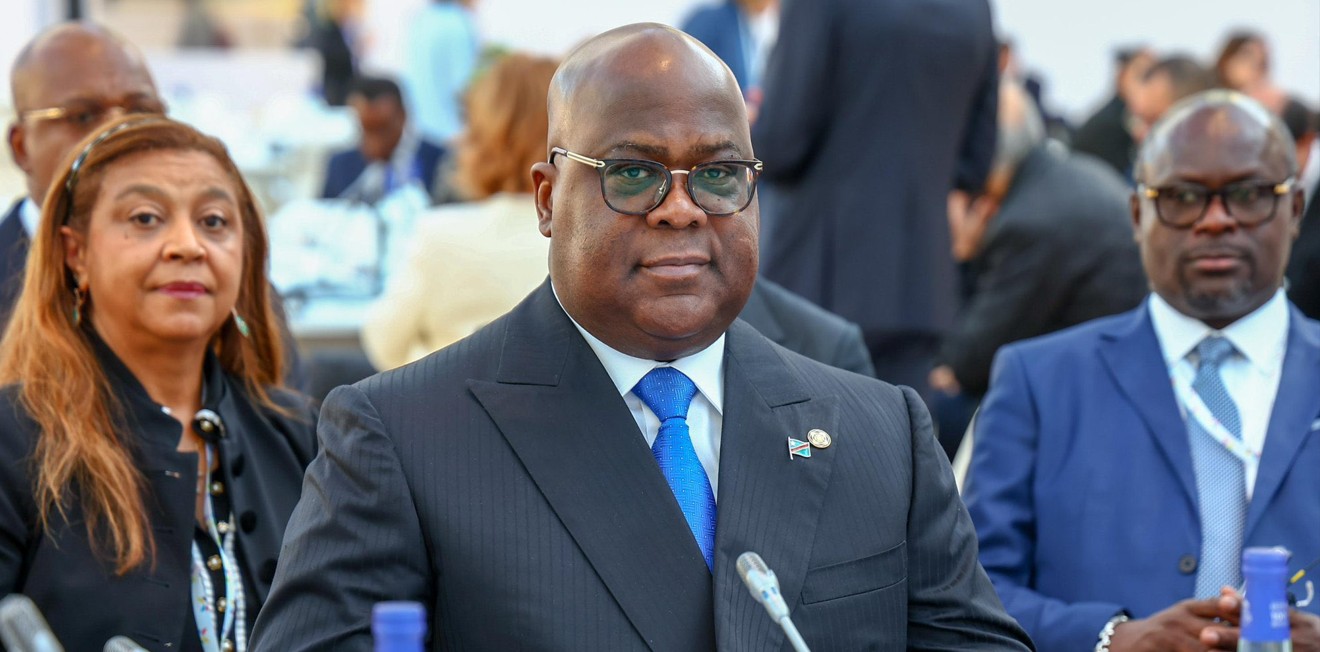
Reports indicate that Tshisekedi signed the agreement with Blackwater in December 2024, officially to protect key mining sites in Katanga and Kivu rich in cobalt, coltan, and copper.
As violence intensifies in eastern Democratic Republic of Congo (DRC), President Félix Tshisekedi’s decision to bring in Blackwater, a private military company with a controversial past, has raised new concerns about his true priorities.
After M23 rebels seized control of Goma in January 2025, Tshisekedi promised a “rigorous response” during a national address.
More To Read
- DR Congo, Rwanda leaders to sign peace deal in US
- MONUSCO condemns ADF attacks that killed 89 civilians in North Kivu
- Over 5,000 Rwandans stream back from DR Congo after Qatar peace agreement
- Goma airport can only be reopened by AFC/M23, say rebels
- DR Congo, M23 commit to ceasefire and humanitarian protocols with new peace deal
- Kenya reaffirms commitment to political solutions for regional conflicts
But instead of pursuing in-depth negotiations, his administration struck a deal with Blackwater, officially known as Constellis Holdings.
This move has sparked debate over whether the goal is to protect civilians or secure the country’s vast mineral wealth.
Reports indicate that Tshisekedi signed the agreement with Blackwater in December 2024.
The official justification was to safeguard key mining sites in Katanga and Kivu, where valuable minerals such as cobalt, coltan, and copper are extracted.
However, developments on the ground suggest otherwise.
Spotted on frontlines
Blackwater personnel, some reportedly Colombian nationals, have been spotted on frontlines in South Kivu, possibly even in Uvira, fighting alongside Congolese army troops (FARDC) and allied militias like the Wazalendo.
This has led observers to believe that the mission to secure mines may actually be a cover for direct military action against M23 rebels.
Critics argue that the move reflects a deeper strategy that prioritises economic interests over the safety of civilians, many of whom have been displaced by ongoing attacks from both government forces and militias. According to the UNHCR, millions have been forced to flee their homes in Kivu alone.
Blackwater, founded in 1996 by former U.S. Navy SEAL Erik Prince, rose to prominence during the Iraq war.
It became known for providing personal protection and armed escort services in conflict zones. Between 2003 and 2009, Blackwater protected high-profile officials, including US administrator Paul Bremer, without losing any clients.
No prolonged warfare record
Despite this, the company has no record of leading large-scale combat missions. Its expertise lies in short-term defensive operations, not prolonged warfare against organised forces like M23.
Other Topics To Read
More alarming is Blackwater’s history of human rights violations. In 2007, its contractors were involved in the infamous Nisour Square massacre in Baghdad, where 17 Iraqi civilians—among them women and children—were killed without provocation.
“The incident was a crime of war,” the United Nations declared at the time.
A US Congressional report later revealed that from 2005 to 2007, Blackwater was involved in 195 shooting incidents in Iraq, initiating gunfire in 84 per cent of them.
The fallout was severe. Although four of the contractors involved were later convicted in 2014, they were pardoned by US President Donald Trump in 2020.
Worry over abuses
These events strengthened the view that Blackwater operates without accountability, and many now worry that similar abuses could happen in the Congo, especially with no clear legal controls in place.
The M23 rebel group, also known as AFC-M23, has emerged as a powerful and well-organised force.
With modern weapons, armoured vehicles, and disciplined ranks, they have defeated FARDC troops, SADC soldiers, and even 280 Romanian mercenaries from the Asociatia RALF group.
In 2025, they took control of Goma and Bukavu and now run a parallel administration in parts of South Kivu, including key roads and Lake Kivu ports.
Blackwater’s estimated force, ranging between 250 and 2,500 personnel, is too small to challenge M23’s thousands of fighters. Its contractors are not trained for this kind of war.
“A person fighting for money will never defeat someone fighting for their life,” says an old saying repeated by critics of Tshisekedi’s plan.
Many observers believe the president is more focused on protecting mining revenue than saving lives.
“Together, we've built more than revenue; we've built Kenya's future,” said a recent KRA statement marking 30 years of taxpayer cooperation, a sharp contrast to the situation in Congo, where people feel abandoned in favour of profit.
Large-scale war
Local reports also suggest that Tshisekedi is using the supposed mine protection mission to prepare for a large-scale war against M23 secretly.
His national army, the FARDC, has long been described as disorganised, unprofessional, and riddled with internal weaknesses.
To compensate for this, he appears to be using Blackwater as a substitute, despite its questionable track record and limited capabilities in such warfare.
Past failures of foreign mercenaries in Congo, including the defeat of Romanian contractors in Goma, raise further doubts about Blackwater's ability to succeed.
The M23 knows the terrain, enjoys local support in some areas, and is better prepared to adapt. Without strong local knowledge, Blackwater risks repeating the mistakes of other foreign fighters who underestimated the complexities of the region.
Renewed civilian abuse
The biggest concern is the risk of renewed civilian abuse.
With no proper legal framework like the one that once governed contractors in Iraq, Blackwater could operate unchecked in the DRC.
That could lead to indiscriminate shootings, human rights violations, and even cooperation with militia groups like Wazalendo, who have already been accused of mass killings.
Such actions would not only worsen the crisis but could also inflame ethnic tensions, particularly among Tutsi-Banyamulenge communities already being targeted.
Tshisekedi’s reliance on Blackwater may deliver short-term control over mining zones, but it risks turning public opinion against him and drawing global attention to a government more focused on minerals than on people.
“Tshisekedi has proved to the world that he is obsessed with a military victory. He wants to win the war at all costs,” wrote Voice of Kivu journalist Muhindo Defraise Enosh.
On the other side, M23 claims its mission is peace, not conquest.
“AFC-M23… wants to win peace at all costs,” the article states. Who will succeed? That remains to be seen.
Top Stories Today
